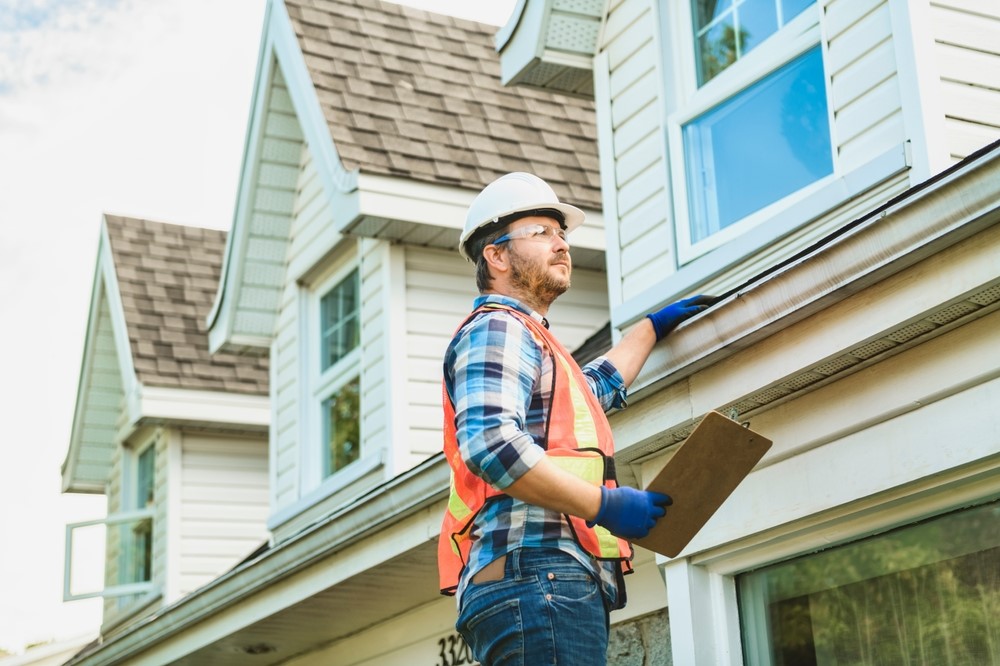Can You Refuse a Home Inspection?

When buying or selling a home in Canada, do you really need to do a home inspection? Homeowners can refuse a home inspection during the transaction process, but it’s not recommended. Here’s what you need to know.
Western Financial Group, a 100% Canadian company, can help you navigate your boat, car, home, and business insurance during this period of economic uncertainty.
What is a home inspection?
A home inspection is usually set up by the homebuyer during the purchasing process. A basic home inspection provides the buyer with a detailed report of the condition of the house, including structural integrity, presence of mold, safety, and any potential maintenance issues, such as old wiring or foundation cracks, to allow the buyer can make an informed decision about their purchase.
This is different from a home insurance inspection, which is an evaluation conducted by an insurance company to assess the condition and risk profile of a property. Insurers use these inspections to verify details about the home, identify potential hazards, and determine the appropriate coverage and premiums. This inspection usually takes place after a policy application when a buyer purchases the home.
Are home inspections mandatory when selling?
No, there is no federal or provincial law mandating that buyers must conduct an inspection before closing on a property. That said, most lenders will require an inspection as a condition for mortgage approval, and most insurance companies will require a home insurance inspection when setting up a policy for your new home.
It is possible to sell a house "as is" without a professional inspection, but you need to understand the implications. While you can legally sell without an inspection, it's important to be upfront with potential buyers about the condition of the property and disclose any known issues.
Selling your house “as is” also means that you are not responsible for repairs before it’s sold, but failing to disclose any “hidden defects” can expose the seller to legal action from the buyer.
Buyer Beware: What are the risks of refusing a home inspection?
In Canada, you’re responsible for the result of your purchase. Canadian real estate law generally follows a “buyer beware” principle, meaning buyers are responsible for identifying property defects before purchase.
If you waive your right to an inspection, you are owning the possibility of any issues that are revealed later, from mold all the way to structural damage.
Choosing not to proceed with the standard inspection can mean that if a dispute arises, courts may decide you failed to act prudently and are the responsible party.
What happens if I refuse a home inspection?
If you do refuse a home inspection, your real estate agent will document that you were offered the opportunity and declined, protecting themselves and the seller from future liability. You will assume full responsibility for the house as-is. Remember that you may not be able to refuse a home inspection if you are taking out a mortgage to pay for the house.
Should you refuse a home inspection?
At the end of the day, while you have the right to refuse a home inspection, experts strongly advise against it. After all, this is likely one of the biggest purchases of your life! It’s best to be informed and avoid taking risks. Even in competitive markets, it’s better to wait for the right house than to gamble on the unknown.
FAQs:
Does refusing an insurer’s property review affect my coverage options?
Yes, insurance companies need to hold their own review of the house in order to gauge the right coverage and premiums. Most insurance companies will not insure a house without reviewing it first, and the process determines the best possible premium for your specific situation. It is well worth the extra effort.
Who pays for the home inspection, the buyer or the seller?
Either party can pay for a home inspection, but the buyer typically pays for the home inspection. Costs can vary widely depending on the property’s size, outbuildings, and location. Your real estate agent should be able to give you an estimate of the local costs.
What does a standard home inspection cover?
A typical home inspection should include an evaluation of the structure, roof, plumbing, electrical systems, HVAC, and insulation, at the least. You can also opt for specialized inspections like radon or sewer lines.
Can I attend the home inspection?
Absolutely! Buyers are encouraged to attend the inspection. This is your chance to ask questions and get a better understanding of the property’s condition, hands-on.
If I refuse a home inspection, can I still negotiate the price later?
Generally, no. If you waive the inspection, you’re opting out of the opportunity to use the findings to renegotiate the purchase price or request repairs at the buyer’s expense.
Are new homes exempt from inspections?
Even new homes can benefit from an inspection. While you’re not taking as much of a risk with a new home, deficiencies can still exist, especially in mass-produced homes in new neighbourhoods. Check the home for any issues that may not be covered under warranty or would need to be addressed before your warranty expires.



